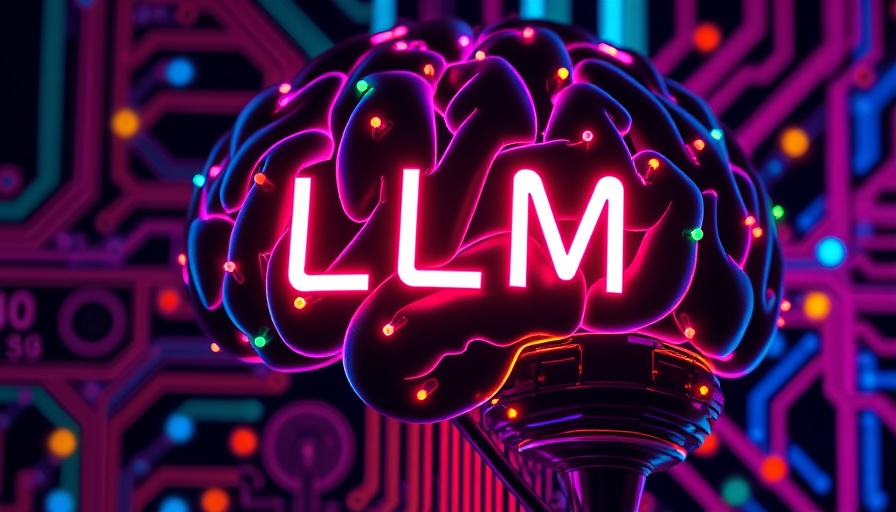
Understanding the Rise of Large Language Models in Society
Large Language Models (LLMs) have rapidly evolved into critical tools that impact various sectors, shaping the digital landscape in fundamental ways. These AI systems utilize vast datasets to generate human-like text, and their implications extend far beyond technology. Sociologists and policymakers are particularly focused on how these advancements affect social structures, cultural narratives, and ethical considerations in the workplace.
AI's Cultural Influence: A Double-Edged Sword
With the advent of LLMs, we witness a shift in how information is absorbed and shared. The cultural influence of AI systems generates a dialogue about their role in public discourse. On one hand, these models enhance accessibility to information, making knowledge more attainable across demographics. Conversely, they also have the potential to propagate misinformation, altering the perception of truth—a major concern for policymakers in regulating AI to prevent societal discord.
AI Ethics and Social Responsibility: Creating Frameworks for the Future
Addressing the ethical implications of AI is crucial as LLMs become more integrated into daily life. The conversation around AI ethics is not merely procedural but foundational. For instance, how can we ensure accountability for AI-generated content? Moreover, issues such as job automation and the digital divide illustrate the need for policies that prioritize equitable access and ethical standards in AI deployment to combat inequality within the workforce.
Future Implications: Projecting a Path Forward
As LLM usage expands in sectors like education and governance, forward-looking insights reveal opportunities for societal change. Integrating AI for social good can drive advancements in education, enabling personalized learning experiences that cater to diverse needs. However, vigilance is essential; without structured policies to guide AI’s development, we risk exacerbating existing societal issues, particularly in human rights and workforce disparities.
Your Role in Shaping AI's Future
As stakeholders, whether you are a tech expert or an everyday citizen, understanding the intersection of AI and societal change empowers you to actively participate in discussions surrounding AI policy changes. Engaging with these topics not only enhances your awareness but also encourages the responsible evolution of technology to ensure it serves humanity positively.
 Add Row
Add Row  Add
Add 




Write A Comment